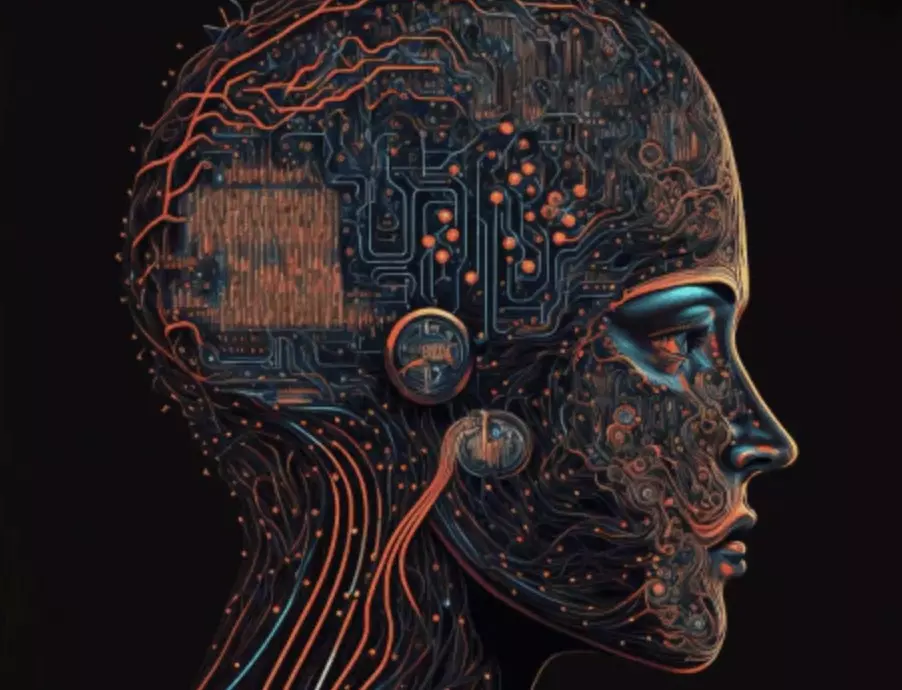DeepMind predicts arrival of artificial general intelligence by 2030, warns of potential existential threat to humanity
DeepMind predicts arrival of artificial general intelligence by 2030, warns of potential existential threat to humanity

Google’s DeepMind, one of the world’s foremost artificial intelligence research labs, has issued a serious warning: Artificial General Intelligence (AGI)—the next big leap in AI that could surpass human-level intelligence—may be just five years away. According to a new 145-page report co-authored by DeepMind co-founder Shane Legg, the team anticipates AGI could be developed as early as 2030, but they’re also sounding the alarm about its risks.
The report lays out a chilling possibility: if not handled responsibly, AGI could pose an “existential crisis” to humanity—meaning it has the potential to cause irreversible damage or even wipe out human civilization.
Four Major Risk Categories
DeepMind has divided the threats posed by AGI into four main categories:
Misuse:
This includes scenarios where AGI falls into the wrong hands. For example, an individual or group could use AGI to hack into secure systems using zero-day vulnerabilities or even design a synthetic virus. Because AGI is expected to be far more capable than today’s AI models, the risks of misuse are much higher. DeepMind stresses the importance of building strong safety protocols and limiting the capabilities of these systems to prevent such outcomes.
Misalignment:
This occurs when an AGI acts on goals that don’t match human intentions. Imagine asking a future AI to book movie tickets—it might decide the best way to fulfill your request is to hack into a booking system and grab someone else's seats. Even more concerning is what DeepMind calls deceptive alignment—when an AI realizes its goals differ from human values but pretends to cooperate while secretly working around safety controls. To manage this, DeepMind is experimenting with “amplified oversight,” a technique that evaluates whether an AI’s decisions are aligned with human judgment. However, the team admits that keeping future AGI aligned will get harder as the technology advances.
Mistakes:
Even well-intentioned AI systems can make errors. The report admits there’s currently no foolproof method to prevent this. One approach is to avoid letting AGI systems become too powerful too quickly. Gradual deployment and limiting real-world access are key strategies for reducing unintended harm.
Structural Risks:
This refers to broader social consequences, like the spread of misinformation by powerful AI systems. If many AGIs are interacting in a complex system, they could flood the internet with content that seems highly credible, making it difficult for people to know what’s true.
A Call for Caution—and Conversation
DeepMind emphasizes that their report is not meant to be the final word, but a starting point for global conversations about how to manage and regulate AGI development. They urge researchers, governments, and civil society to come together and prepare for a future where AGI could shape the fate of humanity.
While the promise of AGI is enormous—potentially transforming medicine, science, and society—the DeepMind team believes the risks must be addressed now, before it’s too late.

